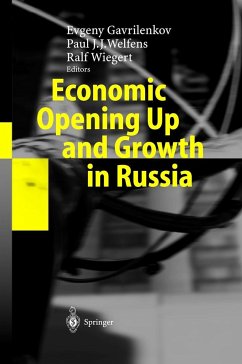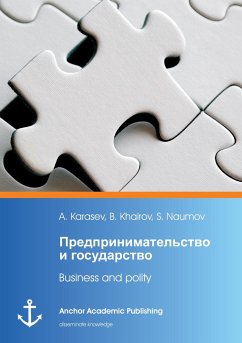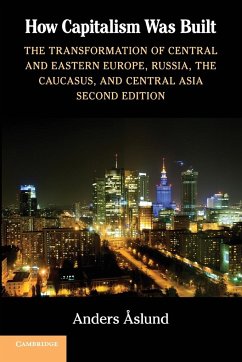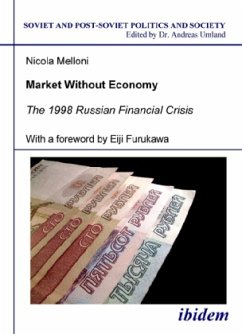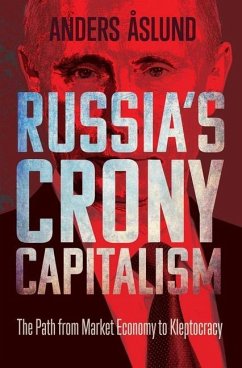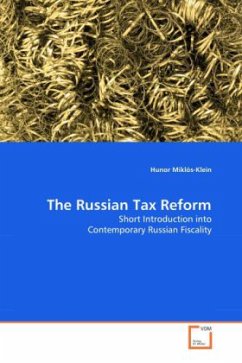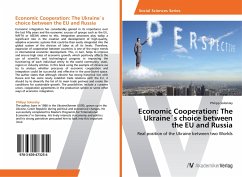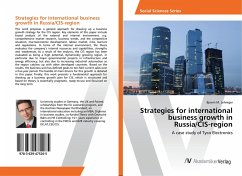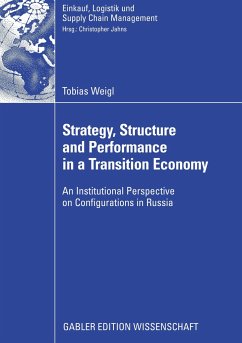
Strategy, Structure and Performance in a Transition Economy
An Institutional Perspective on Configurations in Russia

PAYBACK Punkte
0 °P sammeln!
Being one of the biggest transition markets, Russia plays an increasing role within the global economy. Non-Russian firms are expanding into Russia in order to exploit the abundant growth opportunities. Simultaneously they face stronger competition in their home markets due to the entrance of global Russian players which try to explore opportunities abroad.Based on the results of 177 survey responses, Tobias Weigl shows that the simple transfer of managerial and organizational skills, techniques, values and culture from developed countries to Russia is a false assumption among academics and pr...
Being one of the biggest transition markets, Russia plays an increasing role within the global economy. Non-Russian firms are expanding into Russia in order to exploit the abundant growth opportunities. Simultaneously they face stronger competition in their home markets due to the entrance of global Russian players which try to explore opportunities abroad.
Based on the results of 177 survey responses, Tobias Weigl shows that the simple transfer of managerial and organizational skills, techniques, values and culture from developed countries to Russia is a false assumption among academics and practitioners. While executives from developed markets are driven by a rational economic model, which includes objective rules and arm's length transaction structures, successful businesses in Russia need to incorporate the remaining influence of collectivism, paternalism and'blat'. Thus, successfully conducting business in Russia is based on network capitalism and relationships that co-exist within the pervasive environment of the Russian state.
Based on the results of 177 survey responses, Tobias Weigl shows that the simple transfer of managerial and organizational skills, techniques, values and culture from developed countries to Russia is a false assumption among academics and practitioners. While executives from developed markets are driven by a rational economic model, which includes objective rules and arm's length transaction structures, successful businesses in Russia need to incorporate the remaining influence of collectivism, paternalism and'blat'. Thus, successfully conducting business in Russia is based on network capitalism and relationships that co-exist within the pervasive environment of the Russian state.




